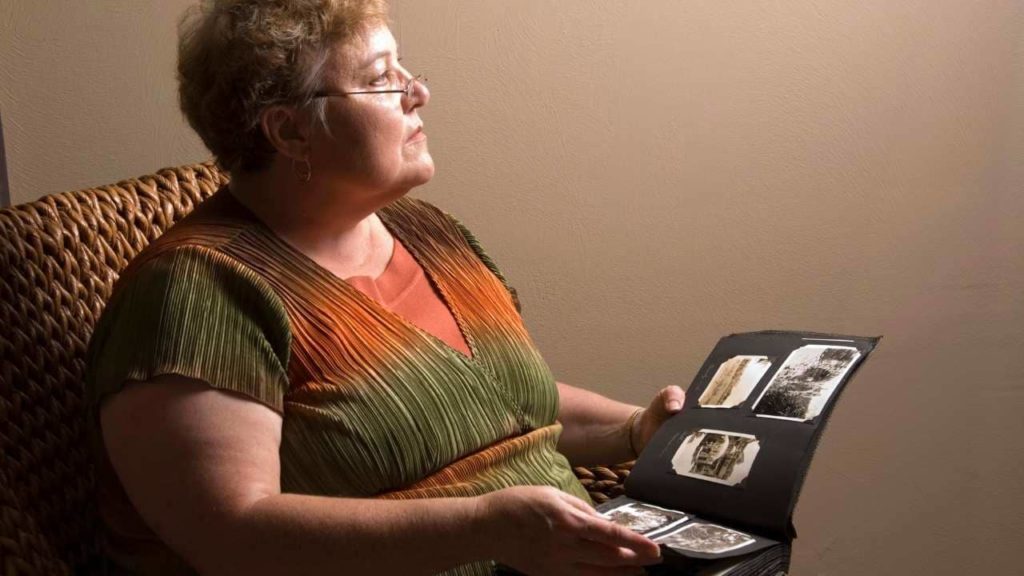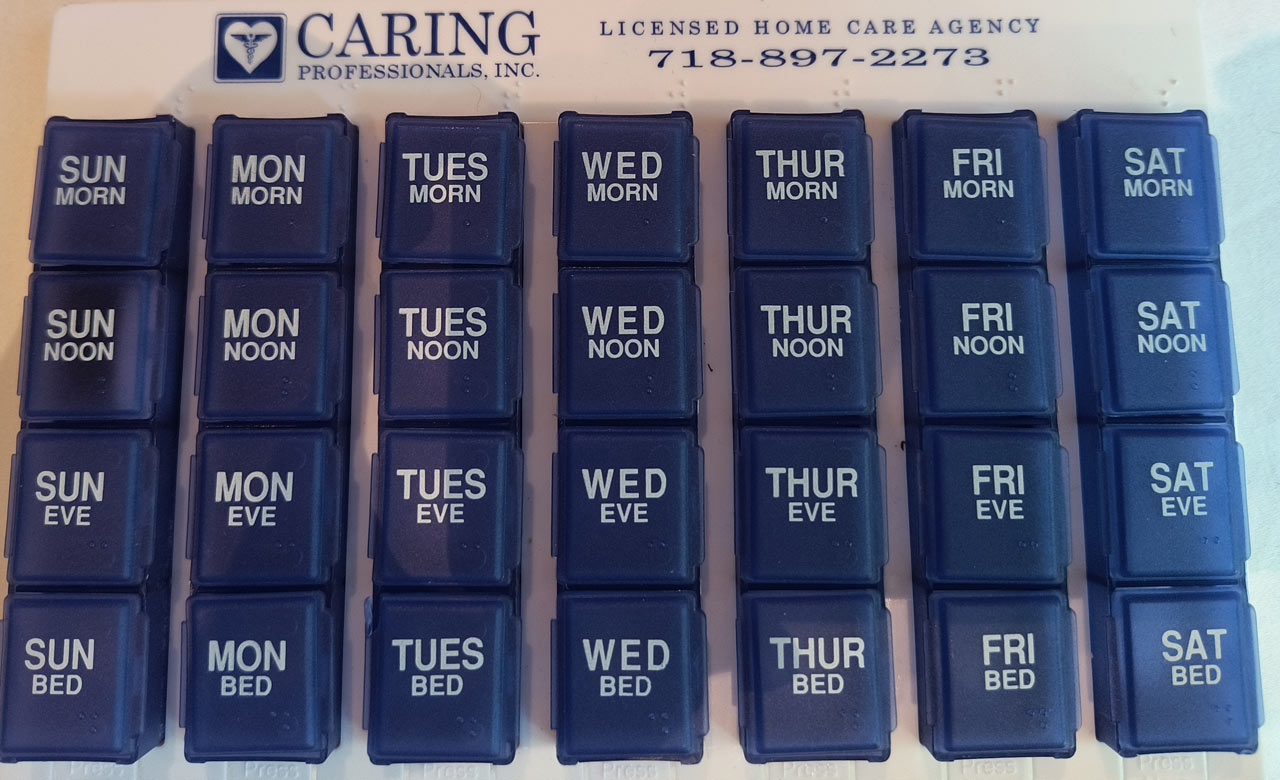This is a term used for prompting positive memory of past events, feelings and thoughts for aging adults. Through objects, experiences, sensory stimulation, conversation, and props, remembrance of times past are provoked. Art, touch, smell, and the other senses are used to recall experiences in a generalized way that does not focus on specific specific memories and experiences but us about free exploration of positive experiences of the past.
It is an intervention used with seniors who are depressed as well as those with dementia. A low cost modality can be structured or unstructured and work in a group or with individuals. It comes out of psychology work in the sixties and seventies.

Meta-analysis of its effectiveness with the former population indicates that reminiscence therapy significantly relieves depressive symptoms short term in elder adults. It is more effective for older women and older adults with more sever depressive symptoms.
This therapy is the basis for many activities and therapies used by memory care communities. They have programs, too, that are designed to bring back happy past memories. Recalling stories and engaging in conversation about the past gives people who have various types of dementia the ability to share what’s meaningful to them, preserve family stories, and retain a sense of identity at the same time while they are experiencing cognitive decline. In other words, these individuals can be stimulated and enjoy better quality of life, communication, and access to happy memories even as their cognition declines.
The questions and topics used in reminiscence therapy are open yet focused.
They don’t stress the senior and confuse him with a direct question to which he may not know the answer. What do you think about this song? Tell me about the house where you grew up. What are some of the things you are most grateful for? Family is mentioned in the conversations and activities without asking about a specific relative.

This therapy does not cure Alzheimer’s and has a negligible effect on cognitive functions in older people with dementia. However, it helps people by affirming their ability to use long-term recall. Most people with Alzheimer’s struggle with short-term memory and are aware of their cognitive limitations. Nevertheless, when what they can remember is spotlighted, they experience a sense of control over their cognitive skills. It is therefore popularly used in memory care programs and facilities.
Reminiscence therapy helps engagement and communication. S/he will interact more with caregivers and peers than without it. This makes sense because they relate as human beings with experiences and feelings, rather than patients who have needs.
The good news about this modality is that often caregivers and family members are using this at home with their patients and loved ones without training. That’s great because it increases the quality of life for the senior who is depressed or has cognitive issues.
- These caregivers (family members and home health aides, both) are asking open-ended questions that require more than a yes and no answer. Moreover, they follow up with questions to keep the stories coming. They don’t just listen, they engage.
- They are respectful of emotions and empathize with the senior. They indicate that it is ok to feel sad.
- They use objects around the house, memorabilia, and photos to prompt conversation.
- They stimulate memories using food, movement, music, and photos.
- They respect a senior’s wishes. If a senior indicates unwillingness (as opposed to reticence), they respect their choice not to share and talk. They allow the senior to keep things private and maintain control.
Read similar articles from Caring Professionals Home Care Agency






